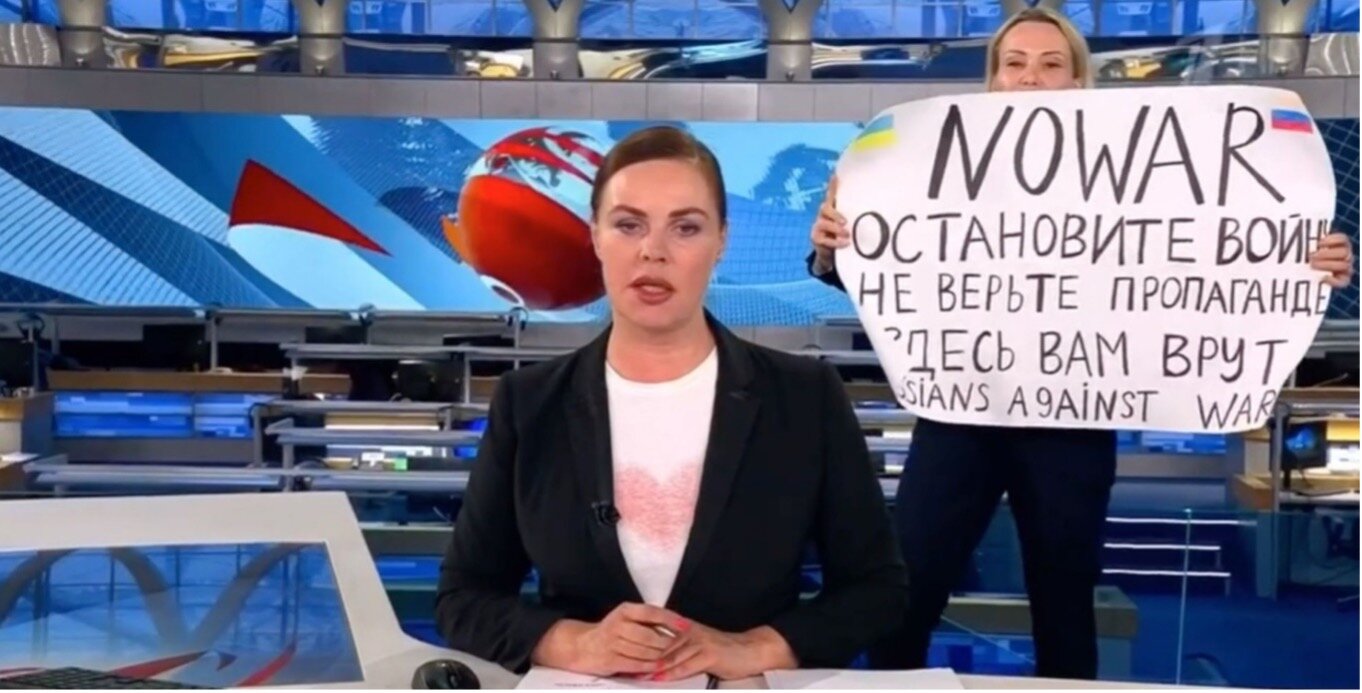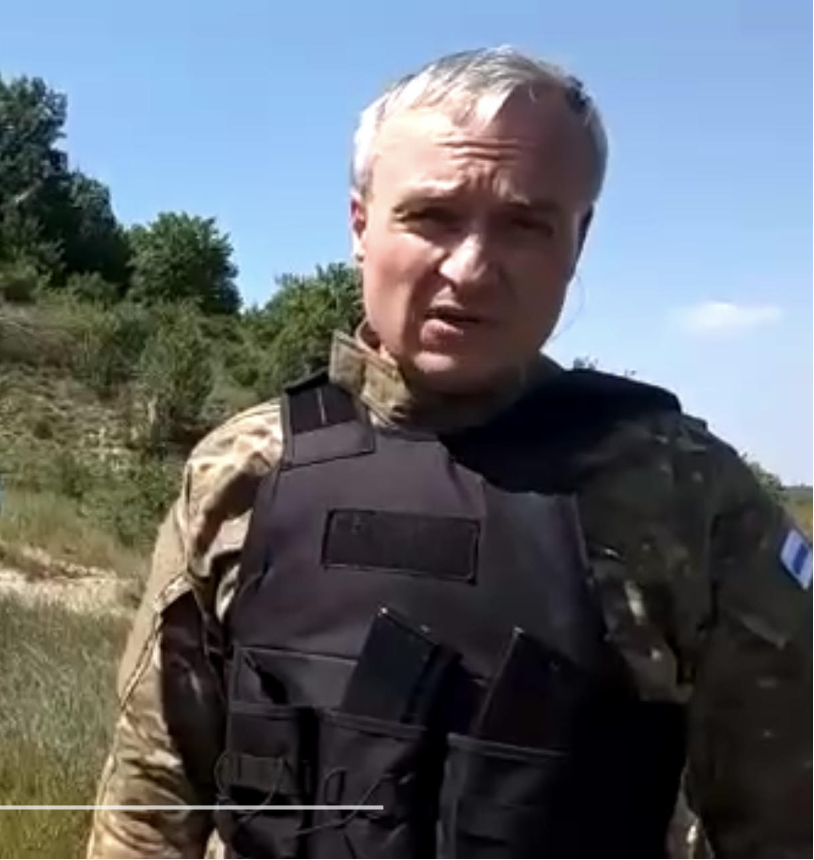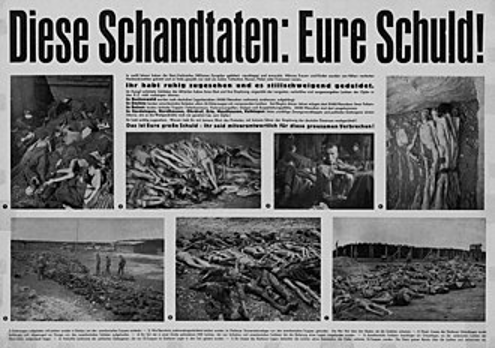“There are no good Russians” – this view was widely echoed recently in Ukrainian society after news spread that a Russian opposition journalist, who has caustically criticized Putin and his policies, Aleksandr Nevzorov, had, or was about to, be given Ukrainian citizenship through by President Volodymyr Zelensky.
So, should all Russians be condemned collectively for the barbaric war and hatred they have launched against Ukraine, or should exceptions be made?
Let’s look at three recent test cases.
Aleksandr Nevzorov
Nevzorov is one of the most outspoken Russian journalists opposing Putin. He has been forced to leave Russia because of the threat of persecution.
He started his career with Leningrad television in 1985. In 1993 he was elected deputy to the State Duma of the Russian Federation for the first time. After that, he was re-elected as an independent deputy three times, serving until the 2007 elections when the single constituency seats were abolished.
In 1994 Nevzorov supported Russia’s launch of its First Chechen War. But, as the war dragged on, his views changed, and he renounced Russian imperialism and his previous chauvinistic positions.
In 2021 he predicted that a possible Russian invasion of Ukraine would end in tragedy and humiliation for Russia. He also predicted fierce Ukrainian resistance.
On 22 March 2022, Nevzorov was charged under Russia’s “false information” law after stating that Russian forces had shelled a maternity hospital in Mariupol. Under this law adopted on 4 March, he could be sentenced to up to 15 years of imprisonment.
Nevzorov has been very active in supporting Ukraine and continues to sharply criticize the aggressive imperial policies of Russia and Putin personally.
The strategic motives of the Ukrainian authorities are obvious – imperial Russia will always threaten the territorial integrity and security of Ukraine, so the support of people who help to undermine Putin’s system from the inside is essential.
But the stormy reaction of Ukrainian society in Nevzorov’s case came as quite a surprise. Ukrainian bloggers and opinion leaders suddenly remembered all of Nevzorov’s “sins” since the 90s, arguing that good Russians do not exist.
Marina Ovsyannikova
A similar situation arose with the visit to Kyiv of Russian journalist Marina Ovsyannikova, a former editor of Russia’s “First Channel.”

Screenshot Marina Ovsyannikova protesting during the broadcast of the program “Time” on the Russian TV’s “First Channel” on March 14, 2022
On March 14, during the news on Russian TV, Ovsyannikova ran behind the back of the host, holding a poster with the inscription: “No war. Stop the war. Don’t believe in propaganda. Here they lie to you. Russians against war.”
Ovsyannikova later moved to Germany. There she began promoting the idea of lifting sanctions against Russia. According to her, “Russians should not be collectively responsible for what is happening in Ukraine.”
Ovsyannikova was announced as a guest at a press conference in Kyiv scheduled for June 1. The announcement appeared in the Ukrainian edition of the Interfax news agency website.
The was billed as “Exposure from Marina Ovsyannikova: how Russian propaganda works.” But after adverse reaction from Ukrainian society the press conference was canceled.
Her visit infuriated many Ukrainians who have not forgotten that she had worked for years in Russian propaganda, helping prepare the ground for Putin’s military invasion of Ukraine, and has only now “seen the light.”
Igor Volobuev

Screenshot of the video of Igor Volobuev calling on Russians to join the Armed Forces of Ukraine and fight Putin’s regime – June 11 (Credit Telegram channel “The Freedom of Russia” Legion)
Another case involves the former top manager of Gazprombank, Igor Volobuev, who has supported Ukraine, in particular, because his father lives in Ukraine. Moreover, he has expressed a desire to join the ranks of the Ukrainian territorial defense and after the start of a Russia’s large-scale war on Ukraine.
Volobuev’s statements were met with skepticism by numerous Ukrainian journalists. There were even suggestions that he was an agent of the Kremlin. However, the Ukrainian authorities provided Volobuev with such an opportunity. He has joined the “Freedom of Russia” Legion, which is part of the Armed Forces of Ukraine.
Volobuev’s example has great importance for Russians who at the moment are afraid to fight against the Putin system. It is also essential for Ukrainians to see that some Russians are indeed ready to actively fight against Putin’s regime and defend the independence and territorial integrity of Ukraine.
The example of Nazi Germany
The lack of trust and negative attitude towards Russians in Ukrainian society is understandable. Ukrainians insist the Russian people must bear collective responsibility the same way as Germans who backed the Nazis were considered to have collective responsibility for the all the crimes that were committed by their country.
Since Russian society has allowed the current horrible war to happen and the majority of Russians evidently support it, the parallel is obvious.
After the defeat of the Nazi regime, the Allied occupation administration carried out the denazification and re-education of the German people. The Germans were forced to visit the execution sites and mass graves of concentration camp prisoners. Information posters about Nazi crimes declared “These crimes are your fault!”

“These atrocities: Your fault!” – a poster showing the concentration camps to the German populace. The text accuses Germans as a whole of doing nothing while atrocities were committed. (Source: Wikipedia)
The arguments “We didn’t know” or “What could we do” were not accepted: everyone was presumed guilty as accomplices or perpetrators.
In 1946, the German philosopher Karl Jaspers had a course of lectures, which he later published in a book called “Die Schuldfrage.” Jaspers derived the basic principles Germans should follow when assessing their Nazi past. First, he identified four types of guilt: criminal, political, moral, and metaphysical. Criminal guilt is the commission of crimes directly. Political – to be a citizen of a country that committed crimes. Moral – to carry out illegal orders. Metaphysical guilt is not to resist evil.
The principles of collective responsibility for the war in Ukraine and the crimes committed by Russians in occupied territories should also be applied to all Russian people, and they should be made of aware their responsibility to resist evil.
That is the prevalent feeling in Ukraine and one which Ukrainians expect their democratic allies and friends to also adopt.
But exceptions surely have to be recognized, welcomed and supported. The genuine Russian democrats, champions of freedom and anti-imperialists, like Herzen and Sakharov before them, should be encouraged to serve as the true consciences of their despicable and rapacious people and civilized alternatives.
Zelensky’s position
The Ukrainian president appears to share this view. He told journalists on June 6 “We must shake the power of Russia if there is an opportunity to do so.”
According to him, Ukraine needs to use all possible weapons against its Russian enemy. “I think that these are weapons for Ukraine, that is, people of non-Ukrainian citizenship, who clearly through their pro-Ukrainian stance and opposition to the Russian government, I think, are on our side.”
Zelensky added: “if there are people of another nationality who support Ukraine, who lose the citizenship of another country, who are dissidents and are currently hiding in Europe, in one country or another, and who want to support Ukraine – I think our authorities can consider the possibility of granting them citizenship.”
